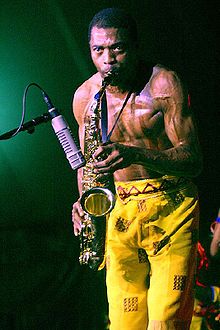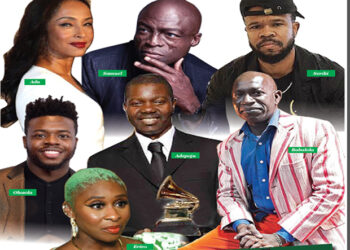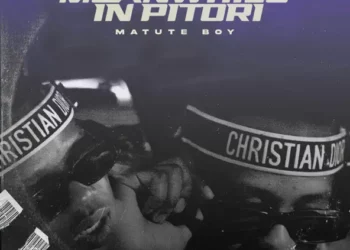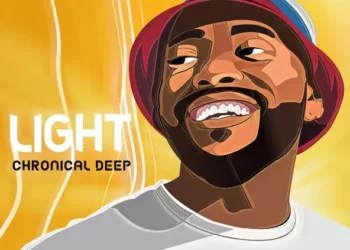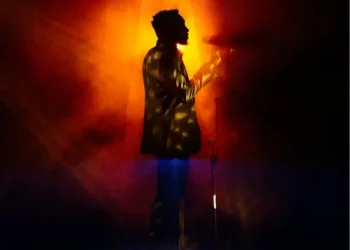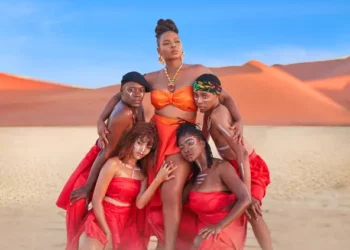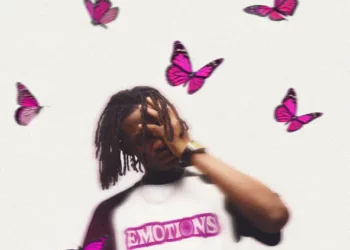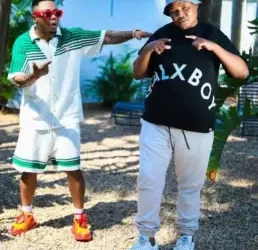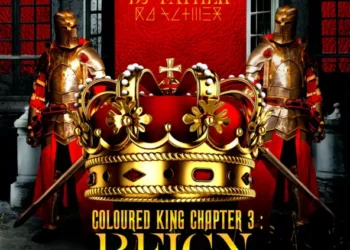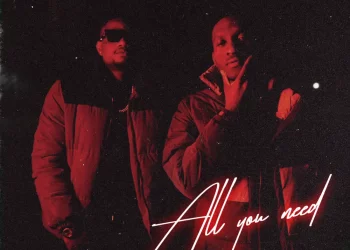Nigeria is home to some of the world’s most talented, creative, and innovative artists. From music to film to fashion, these talented individuals have been making a name for themselves around the world. Here, we take a look at ten of the most successful Nigerian artists who have continually made the country proud with their work. Whether they’re award-winning, chart-topping, or simply influential, these ten Nigerian artists have always brought a sense of pride and honor to their nation. Let’s take a closer look at their accomplishments and find out why they are considered to be among the best in the country.
Fela Kuti
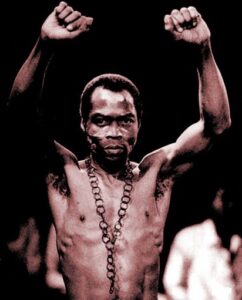
Fela Kuti is widely considered to be the pioneer of the Afrobeat genre and one of the most influential musical forces of the 20th century. Fela was born in Abeokuta, Nigeria in 1938 and grew up surrounded by music. He taught himself to play the saxophone, trumpet, and keyboard and developed his own unique style of music which blended jazz, funk, and traditional Nigerian folk music.
Fela used his platform to promote social change and to fight for the rights of the oppressed people of Nigeria. He was an outspoken political activist who took a stand against oppressive regimes and used his music as a form of protest. His lyrics often criticized military dictatorships, social injustice, and police brutality. He was arrested multiple times for speaking out against corruption and he even had his compound raided by Nigerian forces in 1977, which resulted in him being beaten and jailed for almost two years.
Fela has left behind a legacy that is still felt today. His music and message have inspired generations of artists and activists who continue to fight for justice and equality in Nigeria. He was posthumously inducted into the Grammy Hall of Fame in 2003 and continues to be celebrated by many around the world.
King Sunny Adé
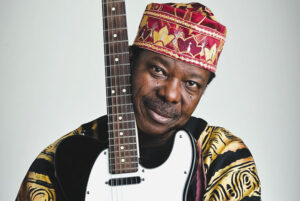
King Sunny Adé is a Nigerian musician and multi-instrumentalist. He is often referred to as the King of Juju music, a unique style of music that combines African rhythms with traditional Yoruba vocal patterns. Born in Osogbo, Osun State, in 1946, he has been playing music since he was seven years old.
King Sunny Ade’s music is characterized by a complex layering of guitars and percussion instruments, with intricate rhythmic patterns and lots of improvisation. He is also known for his exceptional live performances, often featuring dancers and singers who move to the beat. His success has made him one of the most successful Nigerian musicians of all time, with numerous awards and accolades to his name.
Throughout his career, King Sunny Ade has been an ambassador for Nigerian music and culture, often collaborating with other African artists such as Femi Kuti, Angelique Kidjo, and Youssou N’dour. He has toured extensively around the world and has been credited with helping to popularize Juju music outside of Nigeria. King Sunny Ade remains one of the most influential figures in the history of African music and continues to be a source of inspiration and pride for many Nigerians.
Lagbaja

Lagbaja is one of Nigeria’s most beloved artists and has been a beacon of pride for the country. His style of music is known as Afrobeat, a genre that combines jazz, funk, highlife, and traditional African elements. His songs are often humorous and deal with topics such as poverty, corruption, and government. Lagbaja’s biggest hits include “Kokoro Ibn”, “Ko Ma Roll” and “Never Far Away”.
The singer has often kept his identity hidden, wearing a distinctive mask during performances. He believes this allows him to express his true self without fear of judgment or reprisal. The anonymity has become a part of his brand and he has used it to make powerful statements about oppression in Nigeria and Africa as a whole.
As an activist, Lagbaja has used his platform to speak out against injustice and stand up for human rights. He has appeared at protests, rallies, and demonstrations all over the continent. His activism has made him a role model for many young people who strive to create a better future for themselves and their communities.
The Nigerian artiste has won numerous awards and recognition for his music and social justice advocacy. He was the first Nigerian artiste to be honored with the MTV Europe Music Award for Best African Act in 2004. Lagbaja was also appointed a Goodwill Ambassador by the United Nations Development Programme in 2005.
Today, Lagbaja continues to use his platform to advocate for social justice, promote human rights and encourage his fans to take action in their communities. As one of Nigeria’s most beloved musicians, Lagbaja has certainly made the country proud.
Tony Allen
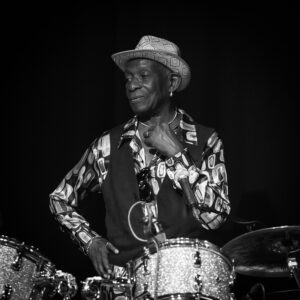
Tony Allen is an iconic Nigerian musician and composer who has made a name for himself in the African music scene. He is widely regarded as one of the most influential and pioneering Afrobeat musicians. Born in Lagos, Nigeria in 1940, Tony started his career as a drummer in the 1950s and went on to become one of the most acclaimed musicians in Africa.
Allen has had a long career, working with various artists from around the world, including Fela Kuti and King Sunny Ade. His unique style of drumming is characterized by a heavy syncopated feel and an emphasis on polyrhythmic structures. His deep grooves and heavy sound have been hugely influential on modern African music, and his work continues to inspire today’s generation of musicians.
Tony Allen has released several solo albums as well as collaborations with other artists. In 2014, he was awarded the Grammy Lifetime Achievement Award for his contribution to music. His influence on African music is undeniable and it is clear that Tony Allen will remain a major influence in African music for many years to come.
Femi Kuti
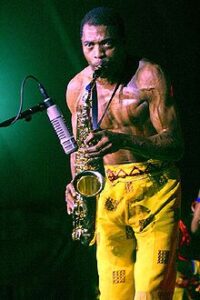
Femi Kuti is a Nigerian Afrobeat musician, singer, composer, and multi-instrumentalist. He is the eldest son of the legendary Afrobeat pioneer Fela Kuti, who gave him his first musical experience. He has established himself as a powerful voice in the music industry, consistently delivering electrifying performances on stages around the world.
Femi began his career by playing with his father’s band, Egypt 80, for many years. He then went on to establish his own band, Positive Force, with whom he has released several albums and toured extensively. His most recent album, ‘One People One World’, was released in 2016 to much acclaim.
Femi’s music is characterized by its energetic fusion of traditional Afrobeat elements with contemporary sounds. He infuses his music with his passionate commitment to human rights and social justice, making it politically conscious and socially relevant.
Throughout his career, Femi has made Nigeria proud by representing the country at international events such as the BBC World Music Awards, the World Beat Festival, and the Montreux Jazz Festival. He has also been nominated for multiple Grammy awards and continues to be an inspiration to young musicians in Nigeria and beyond.


